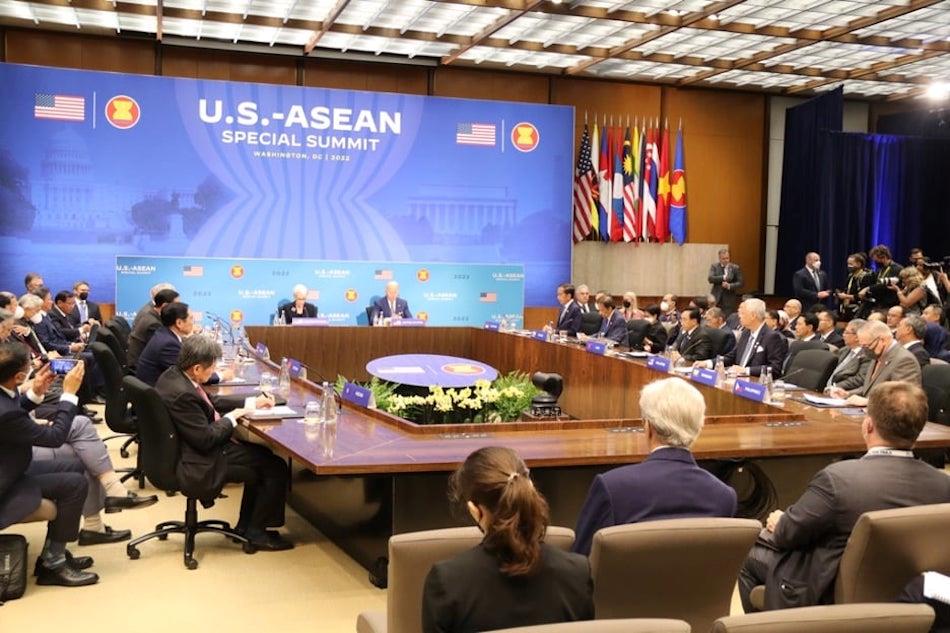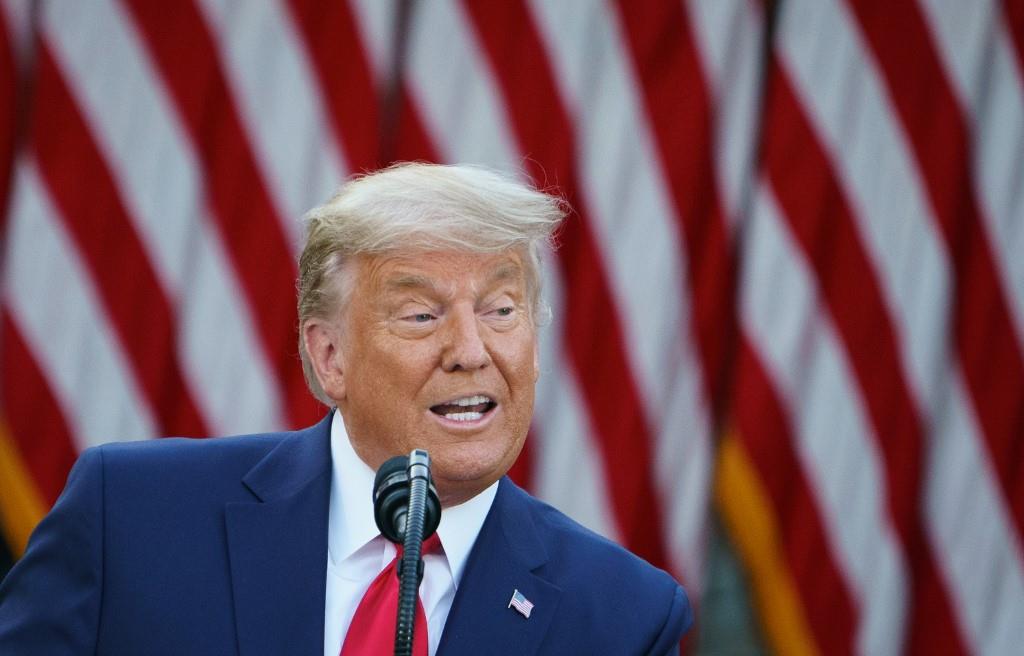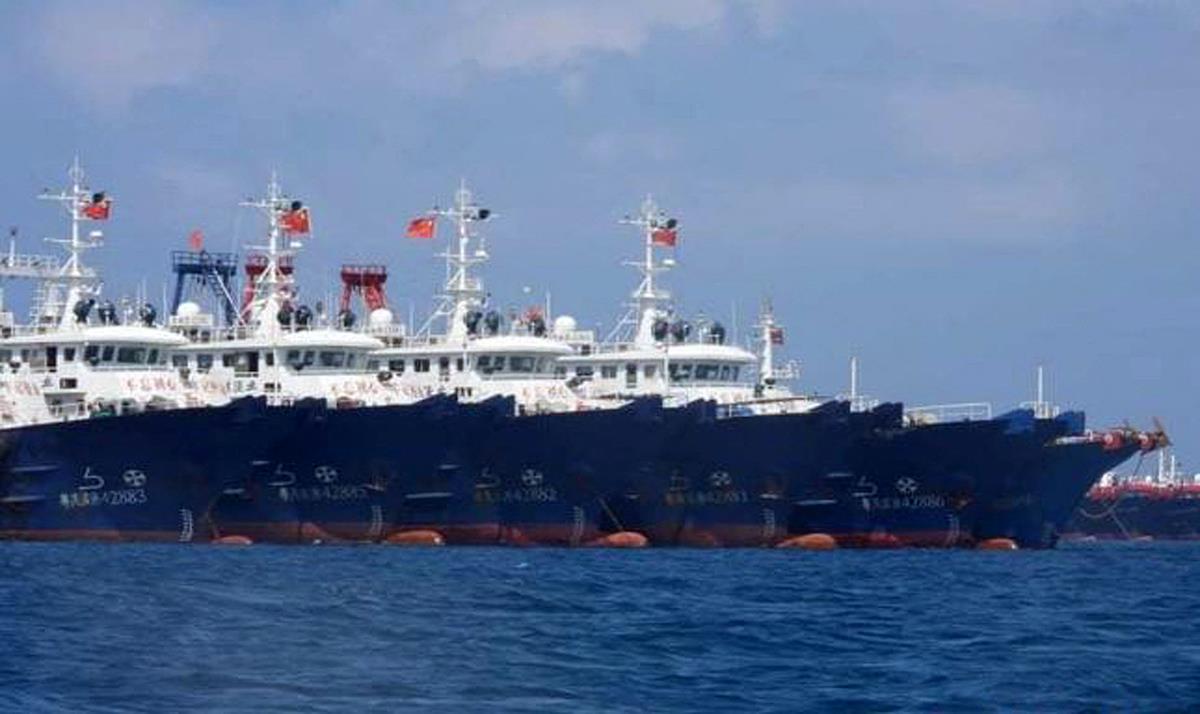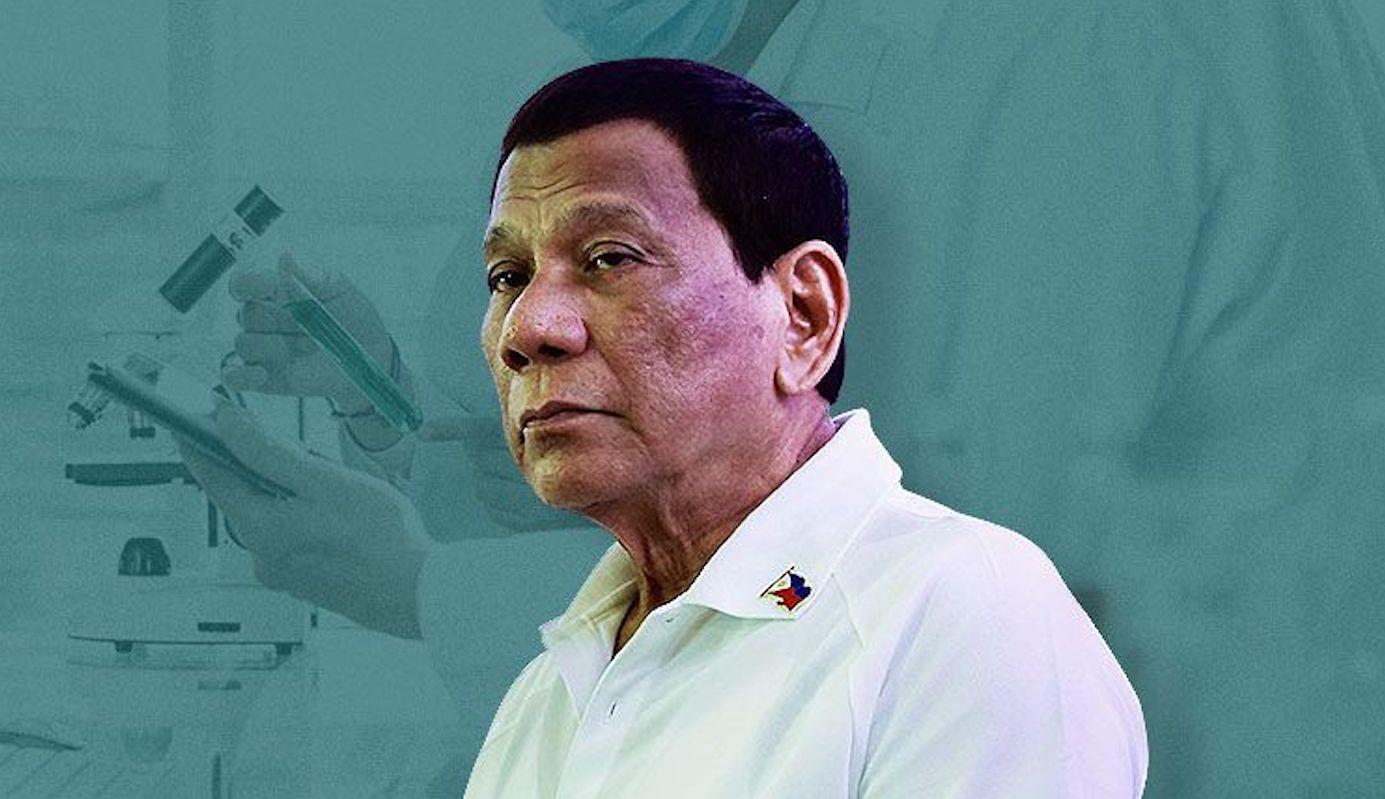(MENAFN- Asia Times)
SINGAPORE – US President Joe Biden hailed a“new era” in relations with the Association of Southeast Asian Nations (ASEAN) when its leaders visited Washington last week for a two-day summit aimed at strengthening strategic ties with a regional organization that in recent years has pursued deeper economic integration with China through trade and infrastructure projects.
While the two sides pledged to elevate their relationship to a“comprehensive strategic partnership” and the White House's show of diplomatic initiative was warmly received, observers say the absence of a multilateral economic program that offers expanded market access has left Southeast Asian nations increasingly disappointed with the US over a lack of progress on trade issues.
Biden told the gathering of regional leaders that strengthening US ties with ASEAN is“at the very heart” of his foreign policy strategy. But absent an economic alternative to Beijing's various big-ticket initiatives, the administration's Indo-Pacific Strategy risks being viewed through the prism of security and what some regard as an effort to geopolitically contain China.
“The recent summit was a tick-box exercise for the US to show that it can walk and chew gum at the same time,” said Thitinan Pongsudhirak, a political scientist and professor at Bangkok's Chulalongkorn University.
“The US is evidently trying to raise its game in view of ASEAN-China ties, but Washington will need to do more if it is to be convincing to countries around the Indo-Pacific.”
ASEAN leaders have told Washington as much. Malaysian Prime Minister Ismail Sabri Yaakob, for one, called on Washington to adopt a more active trade and investment agenda with the regional organization, telling a forum of American businesses and regional leaders held during the May 12-13 summit that doing so would benefit the US“economically and strategically.”
The Biden administration has ruled out pursuing unfettered trade liberalization but has been developing what it calls the Indo-Pacific Economic Framework (IPEF), which has yet to be formally announced.
The initiative reportedly aims to negotiate common regional standards around digital trade and data flows, labor standards, carbon emission reductions and governance.

The long-awaited framework for the IPEF was not a formal agenda item at the US-ASEAN gathering. Photo: Facebook
IPEF not on the agenda
At a virtual summit last October, Biden told his Southeast Asian counterparts that the US would launch talks on developing the IPEF with allies and partners. However, the long-awaited framework was not a formal agenda item at the US-ASEAN gathering, nor was it directly mentioned in the 28-page joint statement issued after the two-day meeting.
Instead, the administration is set to officially launch the IPEF to coincide with Biden's trip to Japan and South Korea from May 20-24.
Both nations, along with Australia and New Zealand, are expected to be among the initial group of states to sign up for negotiations on the framework. Among ASEAN members, only the Philippines, Singapore and Thailand are expected to take part from the onset.
Gregory Poling, a Southeast Asia expert at Washington's Center for Strategic and International Studies (CSIS) think tank, believes other ASEAN members will enter negotiations with some joining initiatives on infrastructure and supply chains.
“But no one except Singapore is likely to actually conclude an agreement in the trade pillar in the absence of market access provisions,” he said.
Following a dialogue at CSIS, Vietnam's Prime Minister Pham Minh Chinh remarked that Hanoi was interested in helping the US realize the IPEF's proposed aims, namely supply-chain stability, digital economy, climate change and combating corruption.
But Chinh added that the“concrete elements” of the initiative had yet to be clarified and that more time to study the details was needed.
Washington last joined a trade agreement in Southeast Asia nearly two decades ago. The Barack Obama administration had sought to change that by championing the wide-ranging predecessor to the Comprehensive and Progressive Agreement for Trans-Pacific Partnership (CPTPP), which the Donald Trump administration abandoned in a shift toward an“America First” trade policy.
The CPTPP includes Brunei, Malaysia, Singapore, Vietnam and other Pacific nations and entered force in late 2018 without the US, which under Trump cast the pact as a recipe for offshoring American jobs.

Donald Trump did little to improve ties with ASEAN. Photo: AFP
China gaining on the US
Biden, who has promised to pursue a“worker-centered” trade policy, has largely shrugged off calls to enter the CPTPP, which China formally applied to join last September.
Washington is also not a party to the 15-member Regional Comprehensive Economic Partnership (RCEP), the world's largest trade deal, which includes both China and ASEAN.
While the US remains Southeast Asia's largest foreign investor, Beijing is fast catching up and is the bloc's biggest trading partner with US$685 billion in goods traded in 2020, nearly double that of the US at $362 billion.
“The US is not engaging in the kind of economic rulemaking or trade promotion it needs to compete with China,” added Poling.“It's doing fine on diplomacy, security relations and people-to-people ties. But unless IPEF is just the first step toward eventually rejoining CPTPP or something like it, much of the region will continue to doubt US seriousness.”
Nonetheless, after years of relative neglect under the Trump administration, the US-ASEAN summit was intended as a sign that Washington remains serious about staying engaged with the bloc.
It was also arguably a response to criticism that the Biden administration's approach to what the US calls the Indo-Pacific, much like its predecessor, hasn't prioritized the regional organization.
The two-day gathering marked the first time an ASEAN summit was held at the White House and coincided with the 45th anniversary of ties between Washington and the Southeast Asian bloc.
Biden used the opportunity to nominate Yohannes Abraham, chief of staff to the White House National Security Council, as the new envoy to the region, a position vacant since 2017.
The White House also committed to spending $150 million on projects in the region ranging from maritime security to clean energy infrastructure. The package includes $60 million in funding for maritime security and the deployment of a US Coast Guard vessel to the region to bolster the economic interests and fishing rights of ASEAN countries in disputed waters claimed by China.

This photo taken by the Philippine Coast Guard shows Chinese vessels anchored at the Whitsun Reef 175 nautical miles west of Bataraza in Palawan in the South China Sea. A number of ASEAN countries have territorial disputes with China. Photo: AFP
An unclear 'strategic partnership'
By committing to raise their relationship from a“strategic partnership” to a“comprehensive strategic partnership,” an arrangement to be finalized in November, ASEAN would enhance US ties to a similar level with China and Australia, both of which forged such a partnership with the regional organization last year. It remains unclear, however, what the move will entail.
Poling of CSIS said the enhancement of ties would have little substantive impact.“I don't see any evidence that either Australia or China's concrete engagement with ASEAN changed in any way after their upgrades to comprehensive strategic partners last year, so I think it's safe to say this is symbolism,” he said.“But symbolism is important in diplomacy.”
Thitinan of Chulalongkorn University added that the planned upgrade to a comprehensive strategic partnership“would need a trade and technology component, but the IPEF appears inchoate and tentative.” He said the framework faces“tough competition” from the CPTPP and RCEP and is seen as“Washington's inferior and piecemeal version of the Trans-Pacific Partnership (TPP).”
“Unlike the TPP, which complemented the Obama era geostrategic rebalance to the Asia-Pacific, the IPEF is designed to skirt around domestic polarization on trade and technology, which means it is likely to be limited in scope,” Thitinan told Asia Times.“IPEF can get around these challenges by focusing on niches, such as cyber security and digital trade.”
Steven Okun, a senior advisor at trade consultancy McLarty Associates, said one could take“a glass-half-full or half-empty approach” in judging US policy towards Southeast Asia.“President Biden cared enough to invest the time in this special summit, showing awareness of the geostrategic importance of ASEAN and underscoring with his personal engagement.”
With very few champions for trade in either the Democratic or Republican party and no US appetite to return to any formal trade agreements for the time being,“the best that the US can do is find other areas for partnership,” said Okun.
“The administration deserves credit for trying something new and different to increase US engagement with ASEAN.
“Upgrading its relationship with ASEAN can better position the US to meet ASEAN where their interests meet US interests, such as on health and Covid-19 support, disaster preparedness, maritime domain awareness and investment in green energy,” he added.
“For now, the US will need to continue enhancing its bilateral relations with the key ASEAN members.”

Outgoing Philippine President Rodrigo Duterte did not attend the meeting. President Photo/Twitter
Top-level representation
The two-day summit in the US capital appeared a success on the bilateral front, with top-level representation from Brunei, Cambodia, Indonesia, Laos, Malaysia, Singapore, Thailand and Vietnam. Myanmar's military junta government was barred from attending, while outgoing Philippine President Rodrigo Duterte sent his foreign affairs secretary to represent the country.
Observers said the timing of the meeting intended to demonstrate that Washington had not lost its focus on the Pacific region in the wake of Russia's invasion of Ukraine. A joint statement called for the“immediate cessation of hostilities” in Ukraine, but omitted mention of Russia, which some ASEAN states are reluctant to criticize owing to their longstanding defense ties to Moscow.
While the summit yielded few ground-breaking outcomes, Biden's approach to Southeast Asia contrasts sharply with that of his predecessor, who never appointed a regional envoy and skipped several high-level ASEAN events after attending a 2017 summit in Manila.
Observers say Beijing ultimately seized upon Trump's indifference to entrench its strategic position in the region.
“Bolstering commitments to ASEAN would require top-level attendance at ASEAN-centered summit meetings,” said Thitinan of Chulalongkorn University. “Presidential commitments to attend ASEAN-related summits in person would compensate for the tyranny of distance as the US is a faraway superpower while China is ASEAN's next door.”
MENAFN20052022000159011032ID1104246366